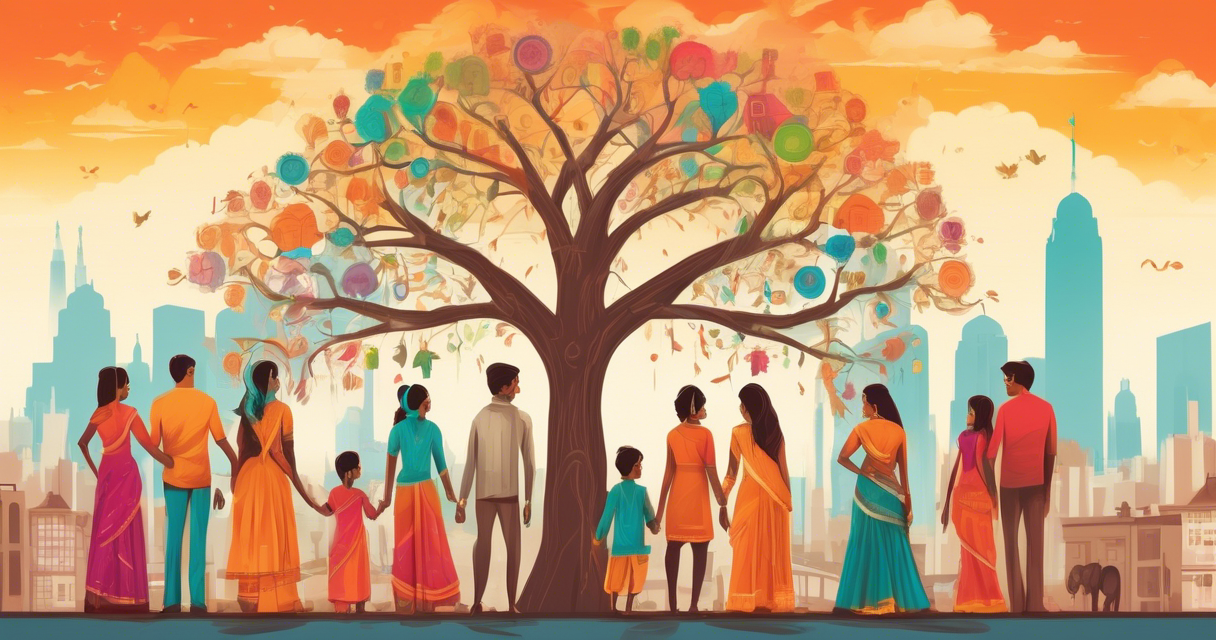The Decline of Traditional Family Structures: Social and Economic Consequences

By using this site, you agree to the Privacy Policy and Terms of Use.

Over the past few decades, traditional family structures have undergone significant transformations. The once-dominant model of multi-generational households and nuclear families has given way to diverse arrangements, including single-parent households, blended families, and cohabiting partnerships. These shifts reflect changing cultural norms, economic pressures, and evolving societal values, but they also bring notable social and economic implications.
One of the most visible impacts of this decline is on social cohesion. Traditional family structures often acted as a primary support network, fostering strong bonds within communities. As these structures erode, individuals may experience weakened ties to extended family, leading to reduced communal support. This shift is particularly evident in caregiving responsibilities, where reliance on formal institutions has increased due to the diminished availability of family-based care.
Economically, the changing family landscape presents both challenges and opportunities. Single-parent households, for instance, are more susceptible to financial instability, as they often rely on a single income. This can lead to increased poverty rates and reduced access to quality education and healthcare for children. On the other hand, the rise of dual-income households in nuclear families has contributed to greater financial independence for women and a shift in traditional gender roles.
The decline of traditional family structures also affects intergenerational wealth transfer and social mobility. In cultures where extended families pooled resources, younger generations had better opportunities to pursue higher education or entrepreneurial ventures. Without this collective support, individuals may struggle to achieve economic stability, perpetuating cycles of inequality.
From a cultural perspective, these changes reflect evolving values around personal freedom, gender equality, and individual choice. However, they also challenge societal norms around caregiving, child-rearing, and elder support. Governments and organizations must adapt to these realities by developing policies that address the needs of modern families, such as affordable childcare, parental leave, and eldercare support.
While the decline of traditional family structures signals progress in some areas, it also underscores the importance of creating new systems of support. Strengthening community networks, fostering inclusivity, and promoting economic policies that uplift vulnerable households are crucial steps toward mitigating the challenges posed by these shifts.
In this era of transformation, it is essential to balance the benefits of modern family dynamics with strategies to address their social and economic impacts. By understanding and adapting to these changes, societies can ensure that all families, regardless of structure, have the resources and opportunities they need to thrive.
Notifications